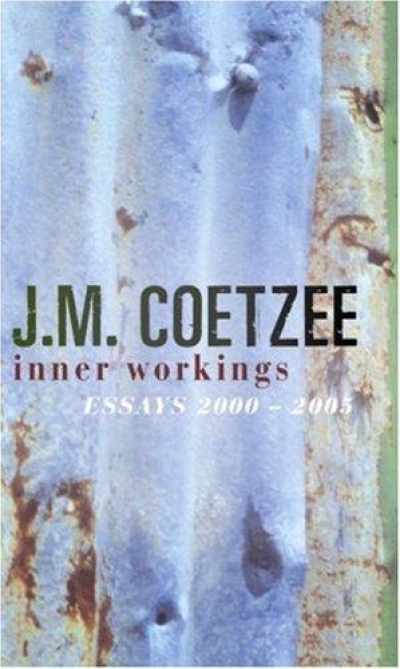A smattering of cultural theory is helpful when reading Gail Jones. The academic bones of her writing always show through the thin padding of her concept-driven stories: deconstructed photography in Sixty Lights (2005), technology and intimacy entwined in Dreams of Speaking (2006). It is more than disconcerting when the narrator of Jones’s third novel, Sorry, starts to interrogate the text with the aplomb of a Cultural Studies postgraduate, especially as the said narrator, Perdita, is a twelve-year-old girl living in Perth, in 1942, curled up in bed with a copy of Joseph Conrad’s Heart of Darkness. ‘Since the first reader is the author,’ Perdita thinks to herself, ‘might there be a channel, somehow, between author and reader, an indefinable intimacy, a secret pact? There are always moments, reading a novel, in which one recognises oneself, or comes across a described detail especially and personally redolent; might there be in this covert world, yet another zone of connection?’
...
(read more)










